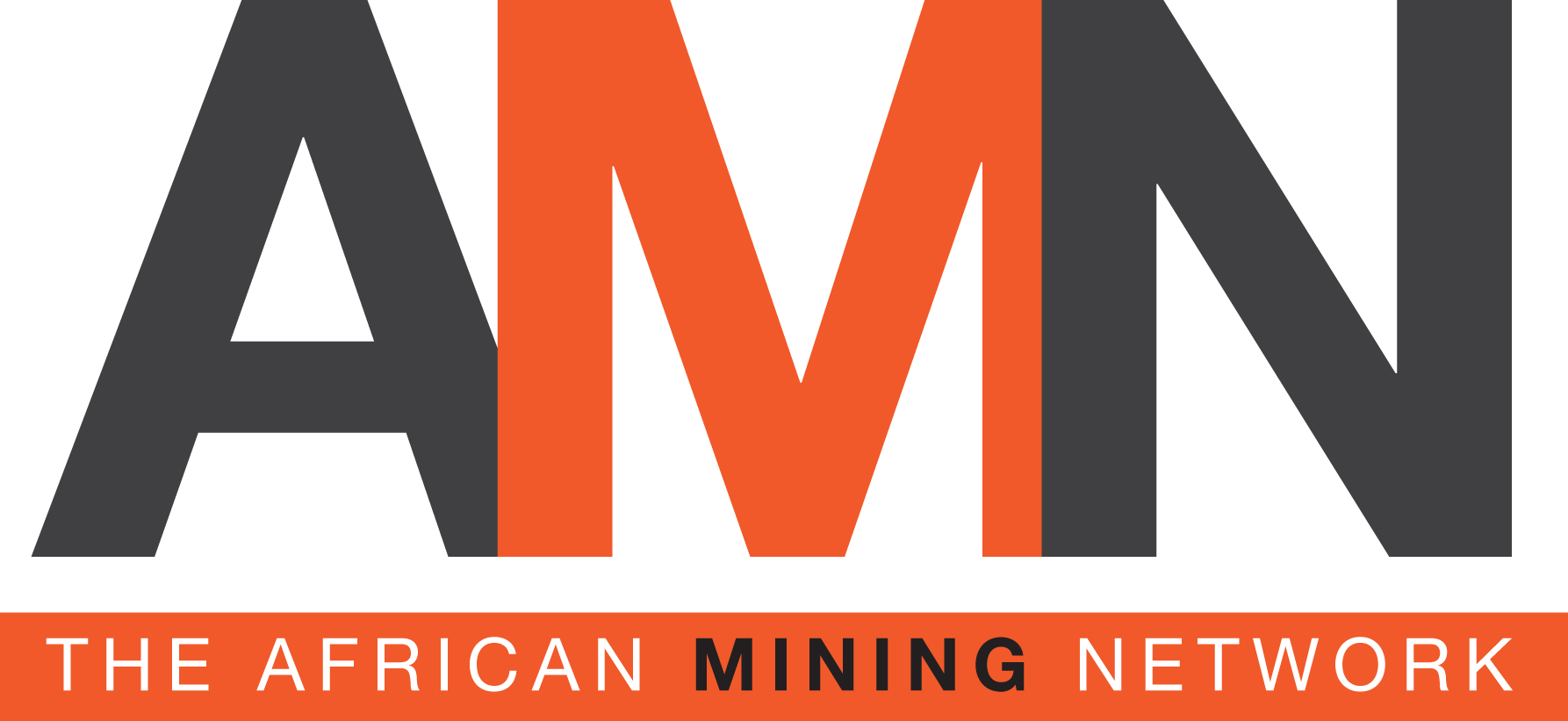- Yolanda Torrisi
- +61 412 261 870
- yolanda@yolandatorrisi.com
- Nina van Wyk
- +27 82 926 3882
- nina@africanminingnetwork.com
![]()
Nigeria is determined to reap greater benefits from its wealth of mineral resources and the government appears to be moving in the right direction in this regard. It intends to leverage the potential of the sector to achieve its goal of earning US$20 billion from the industry in the next eight years.
With the oil industry accounting for more than 70 per cent of its revenue, the government is aiming to increase the contribution from mineral resources in order to make the mining industry one of the major contributors to government earnings. It appears to be on track to achieve this as it has issued more than 6000 licences to miners.
Mining Cadre Office Director-General, Mohammed Amate said, If Nigeria can be exporting its crude oil to other countries to develop its economies, what stops the government from doing the same with solid minerals sector, where Nigeria has huge reserves.”
He said this would enable the country to move from a mono-economy to a multi-faceted economy, which the government believing that a diversified economy would encourage growth.
Issuing of multiple licences, Amate said, would help miners to carry out detailed exploration as licences were generally granted or the first term of three years.
“After three years, if you have concluded your work, established and delineated the areas that you think contains the minerals that you desire, you will now obtain a mining lease,” he said. “With an exploration licence, you cannot mine, you can only explore, but once you obtain the mining lease, you can mine the minerals you have been authorised to mine.”
He also stated that the government had concluded plans to rid the sector of illegal miners, adding that they were not complying with the standards set by the government.
‘’We have a number of foreign companies that are coming to pick licences for the purpose of determining whether the minerals are available or not, which is an indication that the industry is still growing in Nigeria.”
Professional services firm EY said the country was well endowed with 40 natural resources, some of which were yet to be unlocked, but robust policy guidelines were needed around mining activities.
Deputy head of markets for EY in West Africa, Ashish Bakhshi, said there were seven priority commodities in Nigeria - bitumen, iron ore, coal, barites, limestone, lead-zinc and gold - which were in demand and recognised by the Nigerian government.
Among these seven, coal and iron ore are the most mined by tonne and, therefore, attracted the most investment. He said in 2015, coal mined in Nigeria totalled 144.88 billion tonnes, while metal ore mined totalled around 22.638 million tonnes.
“Coal is largely exploited due to its use in the steel and cement industries and as a fuel for extraction of iron from iron ore and for cement production. Other commodities aside the seven priority areas have low volume of investment activities,” he said.
Bakhshi stated that there was cause for optimism with multiple foreign countries declaring interest in the Nigerian mining sector including Australia, South Africa, Brazil, Thailand, United Arab Emirates and Canada while a growing number of private and public mining companies had also made additional inquiries into obtaining mining licences from the government.
Nigerian banks and private equity investors had started to explore the market, which, he said, was an important financing signal to international lenders and development partners such as multilateral institutions that had made offers to support the government's commitment to accelerating growth in the mining sector.
It is indeed encouraging to see positive results beginning to emerge from the government’s intention to bring about policy consistency after years of uncertainty exacerbated by consistent shifts in tactics and policies by successive governments.
These moves would be only enhanced by the government’s intention to reactivate the State Mineral Resources and Environmental Management Committee (MIREMCO) in all the states of the Federation. There has also been an improvement in the operational capacity of the Mining Cadaster office for faster processing of mining titles and the establishment of over 30 mineral buying centres and improved collaboration with the customs service for policing of mineral exports.
Of course, challenges remain, including funding, security, illegal mining, environmental pollution, limited geoscience data and lack of infrastructure, and it will take a determined effort from all stakeholders to see these overcome but at least progress is being made.
- Yolanda Torrisi is Chairperson of The African Mining Network and comments on African mining issues and the growing global interest in the continent. Contact:yolanda@yolandatorrisi.com

